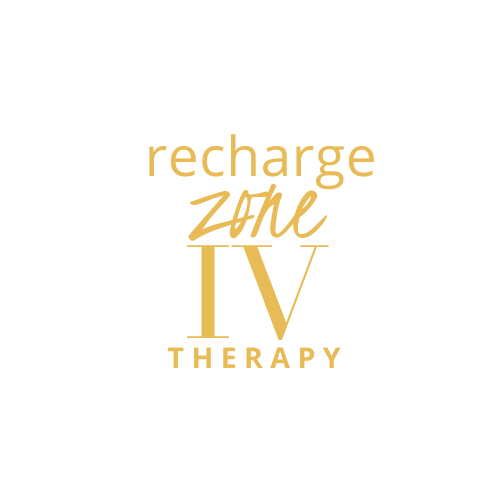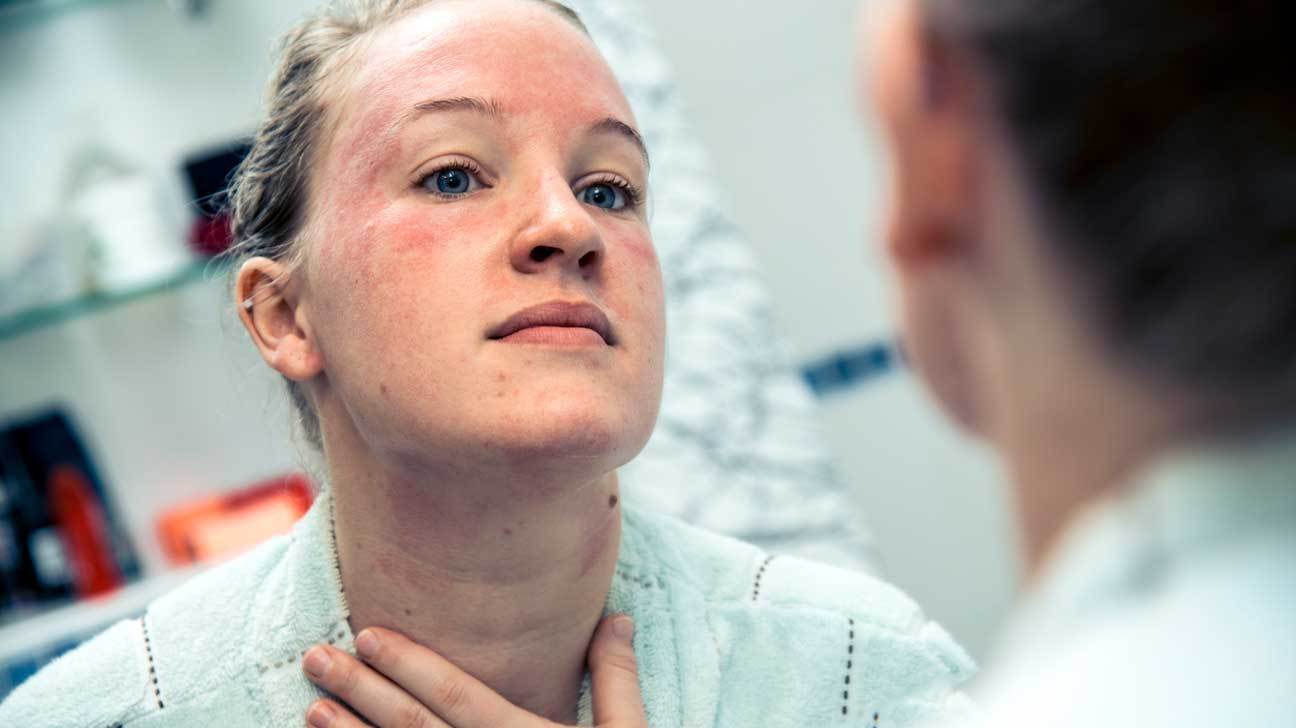- You have no items in your shopping cart
- Subtotal: $0.00
Vitamin B6, also known as pyridoxine, is one of eight vitamins in the B complex group. Even though it was discovered in 1932, scientists are still learning new things about it.
Most people get enough B6 in their diet, but if you are deficient in other B complex vitamins, such as folate and B12, you’re more likely to be deficient in vitamin B6 as well (1Trusted Source).
Vitamin B6 deficiency is more common in people with liver, kidney, digestive or autoimmune diseases, as well as smokers, obese people, alcoholics and pregnant women (2Trusted Source, 3, 4Trusted Source).
In your body, B6 is involved in more than 150 enzyme reactions. These help your body process the protein, carbs and fat you eat. B6 is also closely linked with the functions of your nervous and immune systems (3, 5Trusted Source, 6Trusted Source).
More recently, it’s been found that B6 has antioxidant and anti-inflammatory properties. This means that it may play a role in helping prevent chronic conditions like heart disease and cancer (5Trusted Source, 7Trusted Source, 8Trusted Source).
Here are 9 signs and symptoms of vitamin B6 deficiency.
Vitamin B6 deficiency is one cause of a red, itchy rash called seborrheic dermatitis.
The rash can appear on your scalp, face, neck and upper chest. It’s known for its oily, flaky appearance and may cause swelling or white patches (9Trusted Source).
One reason B6 deficiency may result in skin rashes is that the vitamin helps synthesize collagen, which is needed for healthy skin. In these cases, consuming B6 may clear up the rash quickly (10Trusted Source, 11Trusted Source).
Some people affected with seborrheic dermatitis may have higher requirements for B6. A B6 face cream has helped some people improve symptoms from seborrheic dermatitis (12).
SUMMARYAn itchy, oily and flaky rash is a common sign of B6 deficiency. Consuming enough B6 generally helps clear up the rash quickly in cases of deficiency.
Cheilosis, which is characterized by sore, red and swollen lips with cracked mouth corners, can result from B6 deficiency. Cracked areas may bleed and become infected.
In addition to being very painful, having cracked and sore lips can make activities like eating and talking difficult.
Correcting B6 deficiency with foods rich in the vitamin or a supplement may clear up these symptoms.
Notably, deficiencies of riboflavin, folate, iron and other nutrients can also cause this condition, as can sunny, dry or windy weather and other external factors (13Trusted Source, 14Trusted Source).
SUMMARYSore lips with cracks in the corners of your mouth can be a sign of B6 deficiency. If that’s the case, getting enough B6 through food or a supplement could heal your lips.
If you have a B6 deficiency, your tongue may become swollen, sore, smooth, inflamed or reddened. This is called glossitis.
The glossy, smooth surface of the tongue is due to the loss of papillae. Those are the bumps on your tongue. Glossitis can cause problems chewing, swallowing and talking.
Replenishing B6 treats glossitis, provided that a deficiency is the only cause.
Deficiencies of other nutrients, including folate and B12, can also result in this condition. Consuming enough of all these vitamins may then be needed to clear up glossitis (15).
SUMMARYA swollen, inflamed, glossy-looking tongue is a sign of B6 deficiency. Shortfalls of other nutrients, particularly folate and B12, may also contribute to the condition.

